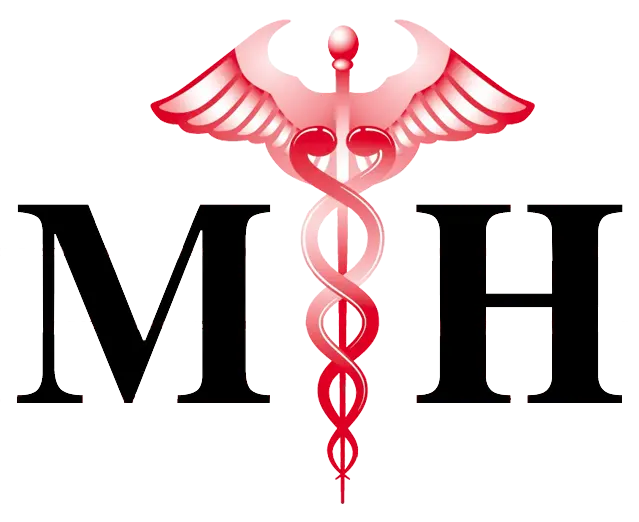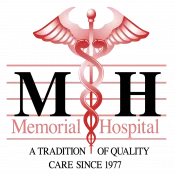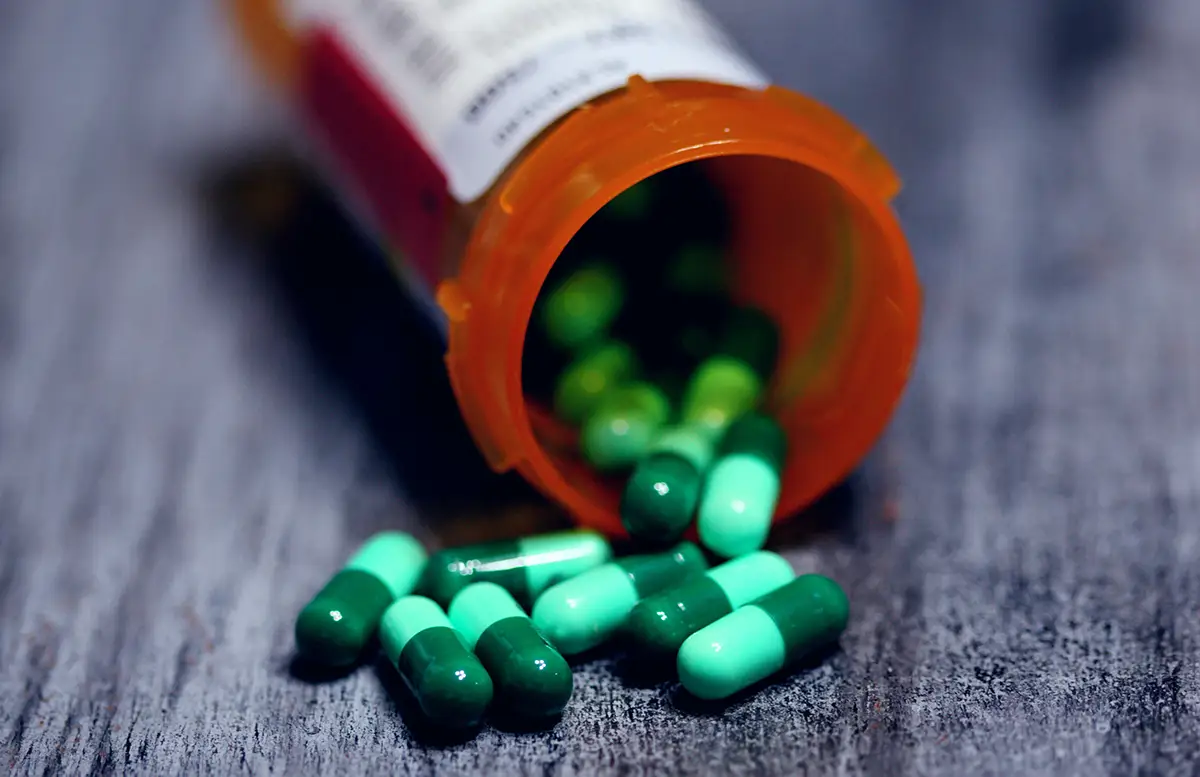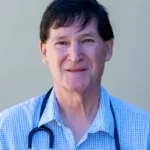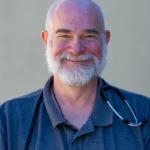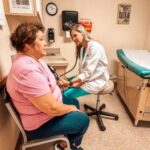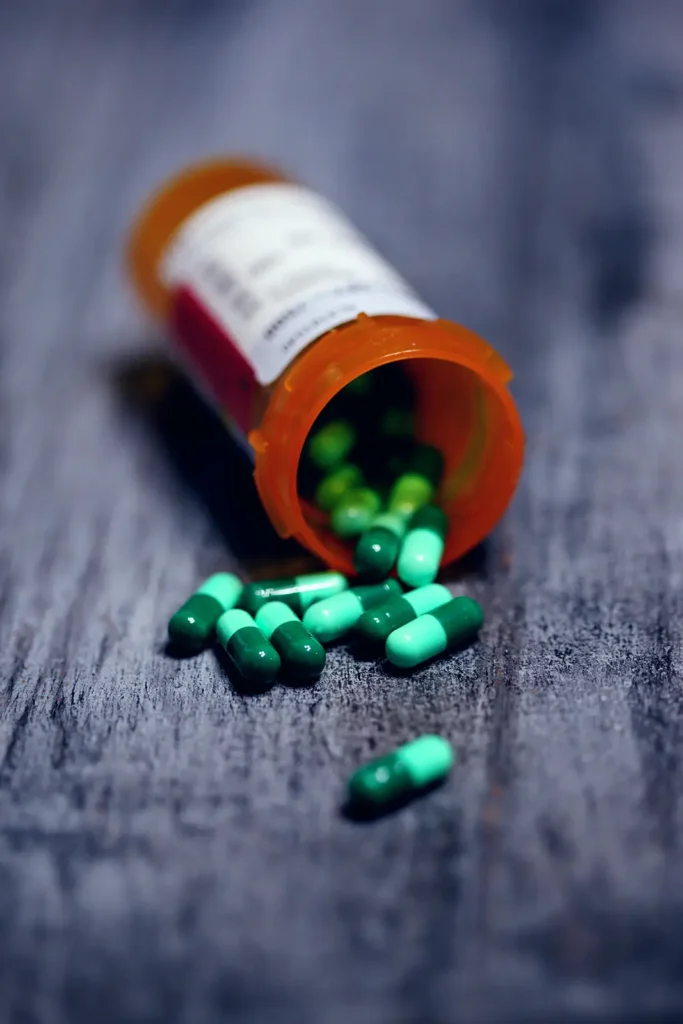
Overdosing on drugs or medications can have devastating consequences for individuals and their families. The growing prevalence of substance misuse and the risk of accidental overdoses have become a pressing concern in our communities. Understanding the signs of overdose, knowing how to respond in emergencies, and adopting preventive measures are essential in safeguarding oneself and loved ones.
Understanding Overdoses
Overdoses occur when an individual consumes a higher amount of drugs or medications than their body can handle, leading to potentially life-threatening consequences. Various substances can be involved in overdoses, including illicit drugs, prescription medications, and even alcohol.
The risk of overdose is influenced by several factors, such as the potency and purity of the substances, the method of consumption, an individual’s tolerance level, and any underlying health conditions. Vulnerable populations, such as individuals struggling with substance use disorders, those with mental health issues, and people who are homeless, are at a higher risk of experiencing an overdose.
If you suspect an overdose, it is essential to call emergency services immediately to receive timely medical intervention and potentially save a life. Moreover, recognizing the risk factors and vulnerable populations can help communities implement targeted prevention and harm reduction strategies to reduce the incidence of overdoses.
Recognizing Signs of Overdose
It is essential to recognize the signs of an overdose promptly to take immediate action and seek medical help. Overdoses can present with both physical and behavioral symptoms. Common physical symptoms of an overdose may include:
- Slow or shallow breathing
- Blue lips or fingertips
- Dilated pupils or unusual eye movements
- Cold, clammy skin or sweating
- Weak or rapid pulse
- Unconsciousness or inability to wake up
In addition to physical signs, an overdose can also manifest through various behavioral symptoms, such as:
- Confusion or disorientation
- Extreme drowsiness or inability to stay awake
- Incoherent or slurred speech
- Agitation or restlessness
- Unresponsiveness or inability to communicate
If you notice any of these signs in yourself or someone else, it is crucial to seek immediate medical attention by calling emergency services. Timely intervention can be life-saving in the case of an overdose. Remember, it is always better to err on the side of caution and seek medical help promptly.
Responding to an Overdose Emergency
If you suspect someone is experiencing an overdose, it is essential to act quickly and follow these steps:
Call for Help: Dial emergency services (911) immediately to get professional medical assistance. Provide clear and concise information about the situation, the individual’s condition, and the location.
Administer Naloxone (if available): If the overdose is suspected to be from opioids, naloxone (Narcan) can temporarily reverse the effects of opioids and potentially save a person’s life. If you have access to naloxone, administer it following the instructions on the packaging.
Place in Recovery Position: If the person is unconscious and breathing, carefully place them on their side in the recovery position. This helps prevent choking on vomit or other substances and maintains an open airway.
Provide Information: When help arrives, provide as much information as possible about the situation, the individual’s medical history, any substances involved, and any actions taken.
Stay Calm and Assess the Situation: While waiting for help to arrive, stay with the person and assess their condition. Look for signs of life, such as breathing or movement, and monitor their responsiveness.
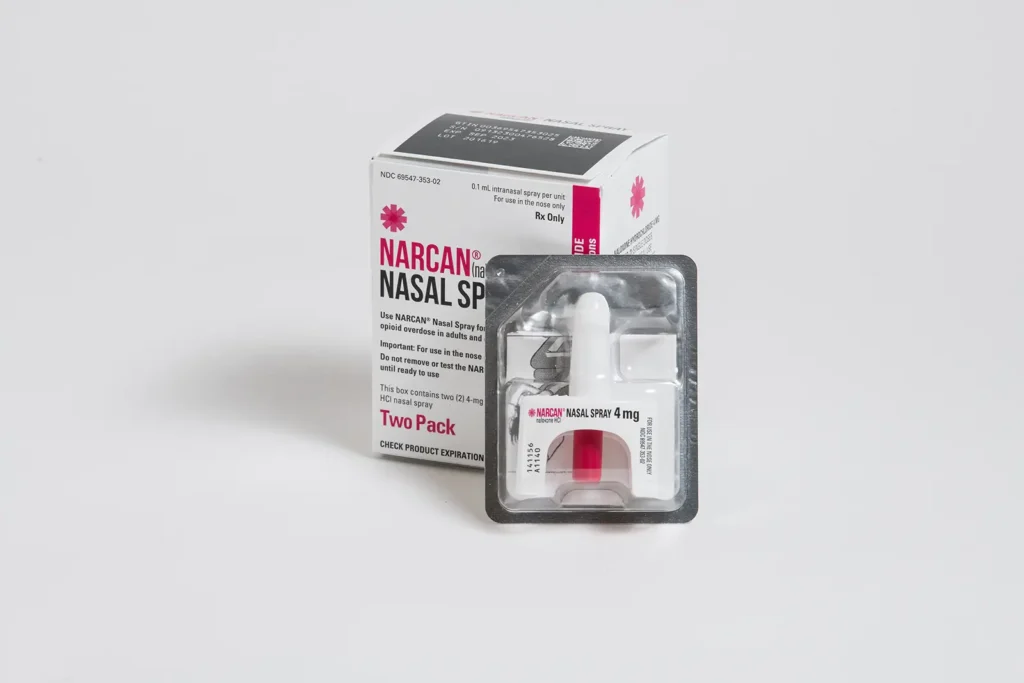
Don’t Leave Them Alone: Stay with the person until medical help arrives. Continue to monitor their condition and be prepared to provide any relevant information to emergency responders.
Remember, responding to an overdose emergency promptly can make a significant difference in saving a person’s life. It’s crucial to prioritize safety and seek professional medical help as quickly as possible.
Preventing Overdoses
Taking proactive steps to prevent overdoses can save lives and protect the well-being of individuals at risk. Here are some strategies to minimize the risk of overdose:
Safe Use of Medications: Always follow prescribed medication dosages and instructions provided by healthcare professionals. Never combine medications without consulting a doctor, as some combinations can lead to dangerous interactions.
Harm Reduction Strategies: If you or someone you know struggles with substance use, consider harm reduction strategies. These may include using smaller doses or taking substances less frequently to reduce the risk of overdose.
Naloxone (Narcan) Training and Distribution: Naloxone is a medication that can temporarily reverse the effects of opioid overdoses. Participate in local Narcan training programs to learn how to recognize an opioid overdose and administer naloxone in case of an emergency.
Support and Treatment: Encourage individuals struggling with substance use to seek professional help, counseling, or treatment programs. Offering support and understanding can make a significant difference in their recovery journey.
Educate Friends and Family: Educate friends and family members about the signs of an overdose and how to respond to an emergency situation. Raising awareness can save lives and empower communities to take action.
By implementing these prevention strategies and raising awareness, we can work together to reduce the incidence of overdoses and create safer environments for everyone. Remember, seeking support, staying informed, and being prepared are crucial steps in preventing overdoses and supporting those in need.
Supporting Individuals with Substance Use Disorders
Substance use disorders are complex and challenging conditions, but with the right support and resources, recovery is possible. If you or someone you know is struggling with substance use, consider the following resources for treatment and recovery:
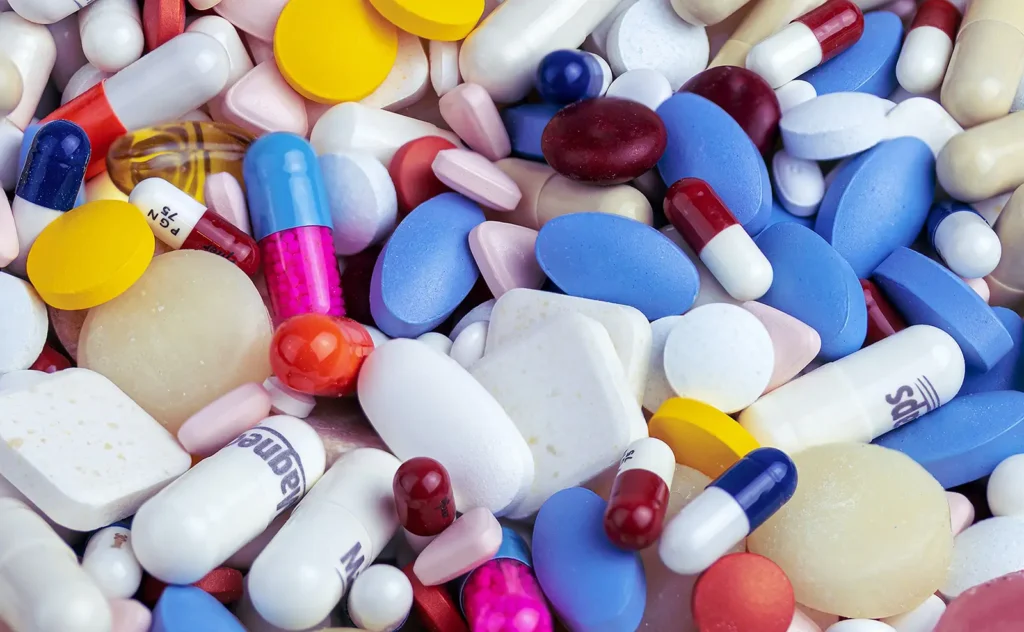
Professional Treatment Programs: Seek assistance from licensed treatment centers and rehabilitation facilities. These programs offer comprehensive treatment plans tailored to individual needs, including detoxification, counseling, and therapy.
Support Groups: Joining support groups like Alcoholics Anonymous (AA) or Narcotics Anonymous (NA) can provide a sense of community and encouragement from individuals who have experienced similar struggles.
Counseling and Therapy: Individual and group therapy sessions can address the root causes of substance use and provide coping strategies to manage triggers and cravings.
Medication-Assisted Treatment: For individuals with opioid use disorders, medication-assisted treatment (MAT) can be highly effective. MAT combines medications like buprenorphine or methadone with counseling and therapy for a comprehensive approach to recovery.
Helplines and Hotlines: Various helplines and hotlines offer confidential support and information on addiction and treatment options. Reach out to these resources for guidance and assistance.
Online Resources: Utilize online resources such as websites and forums dedicated to substance use recovery. These platforms provide valuable information, personal stories, and peer support.
Remember, supporting someone with a substance use disorder requires empathy, understanding, and patience. Recovery is a journey, and having a strong support system can make all the difference in a person’s path to healing and rebuilding their life. If you or someone you know is facing substance use challenges, don’t hesitate to seek help and support from the available resources.
Contact Stilwell Memorial Hospital
If you or someone you care about is grappling with drug addiction, remember that help and support are available. Reach out to Stilwell Memorial Hospital for valuable resources, guidance, and advice on the journey to recovery.
You don’t have to face these challenges alone; together, we can navigate the path to healing and wellness. Your health and well-being matter, and we are here to support you every step of the way. Remember, there is hope for a brighter tomorrow, and taking the first step toward seeking assistance can lead to a life-changing transformation.
